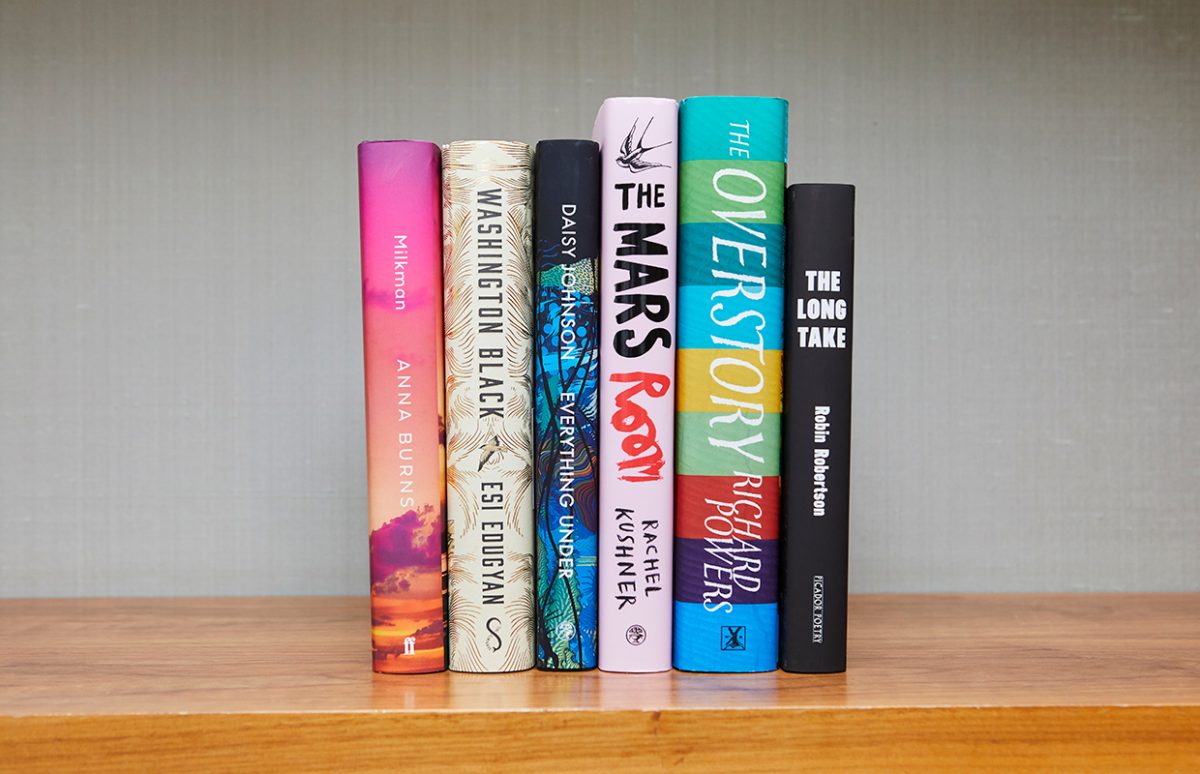
The shortlist for this year’s Man Booker Prize, Britain’s most prestigious prize for fiction, honours three Brits, two Americans and a Canadian. The winner will be announced on 16 October. It will be a hard task for the five judges to choose between six very different books. Last year’s winner Lincoln in Bardo was extremely … Continue reading “The 2018 Man Booker Prize Shortlist”
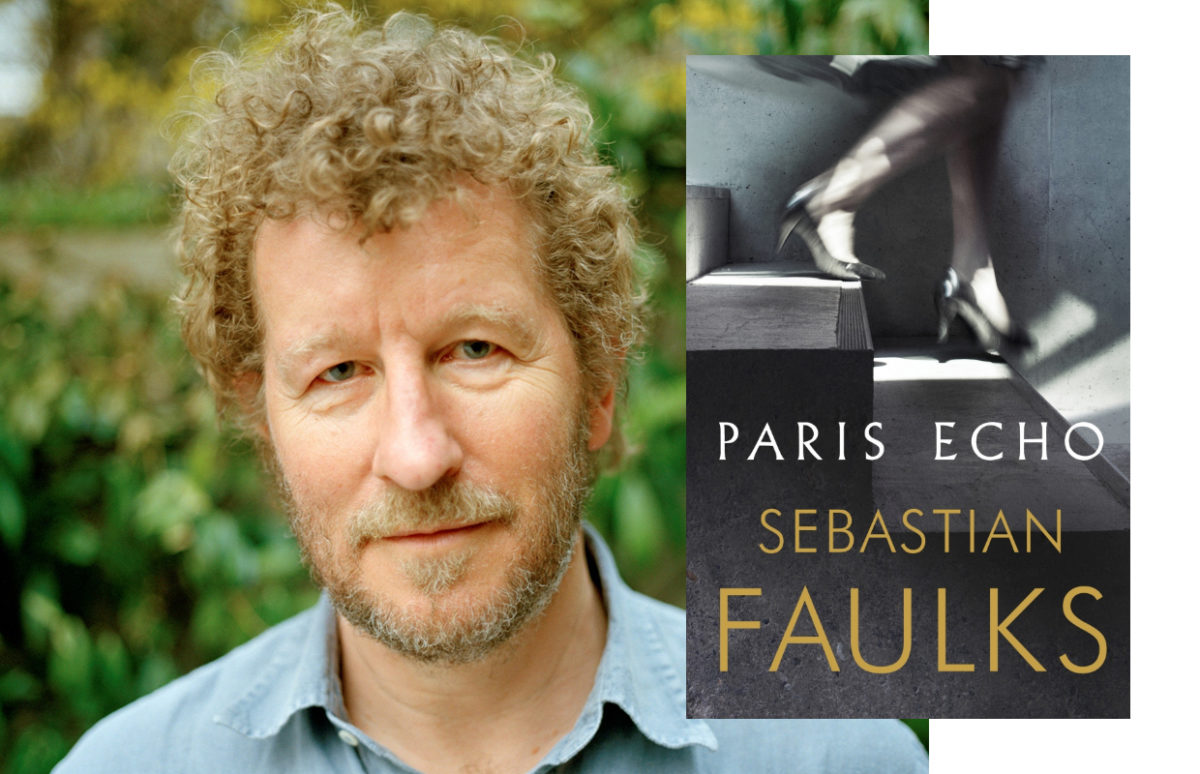
Bestselling British author Sebastian Faulks will be giving two talks in Paris on 25 and 26 September around his latest novel Paris Echo. Like many of his previous books it is set in France, and draws heavily on the legacy of war. Many of Faulks’ novels are set during World Wars I and II, including … Continue reading “Meet an Author: Sebastian Faulks”
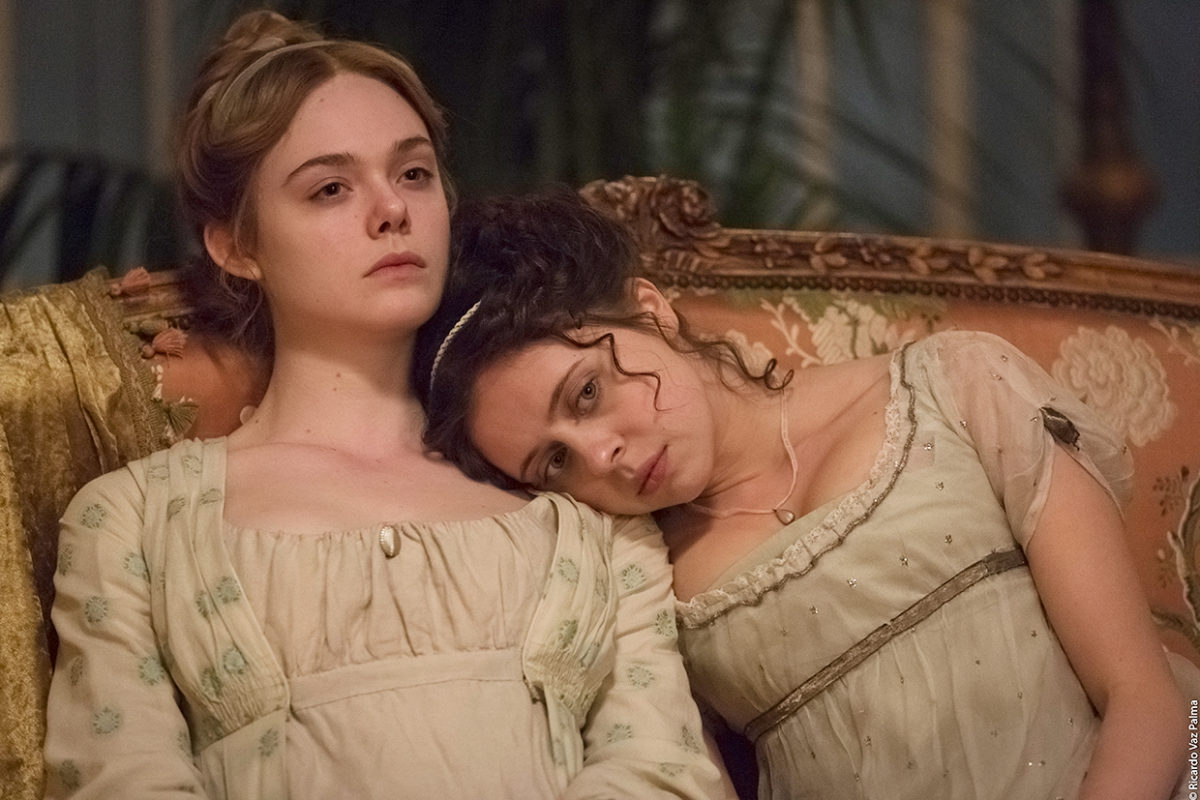
A film about Frankenstein author Mary Shelley is being released on 8 August. This B1-B1+ resource allows pupils to explore an interview with Haifaa-Al-Mansour, its director, about Shelley, filmmaking and being the first female Saudi Arabian director. You may want to introduce the topic of Mary Shelley and Frankenstein first with our Ready to Use … Continue reading “Audio Interview with the Director of Mary Shelley”
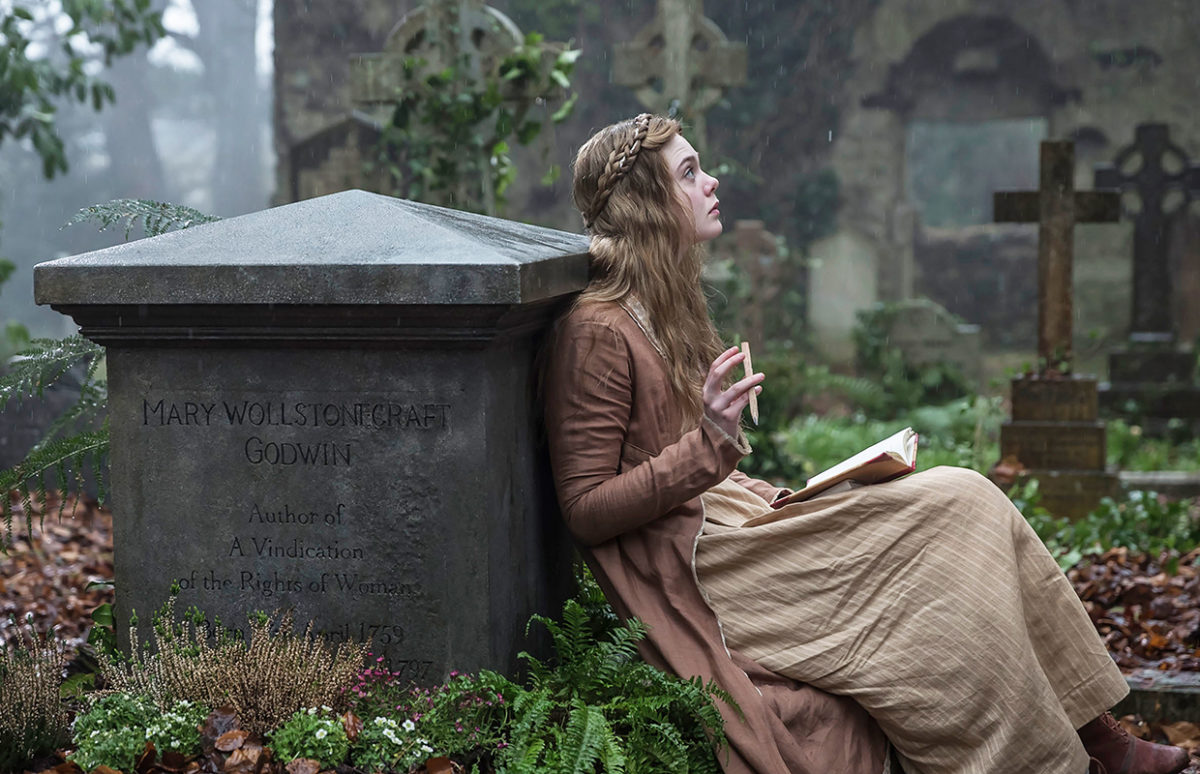
In the year in which the bicentenary of the publication of Frankenstein is being celebrated, a new biopic of its author, Mary Shelley, turns the spotlight on the young author who has long been eclipsed by a creation which escaped the pages of her book to enter popular culture. Rather like the eponymous Dr Frankenstein … Continue reading “Making Mary Shelley”
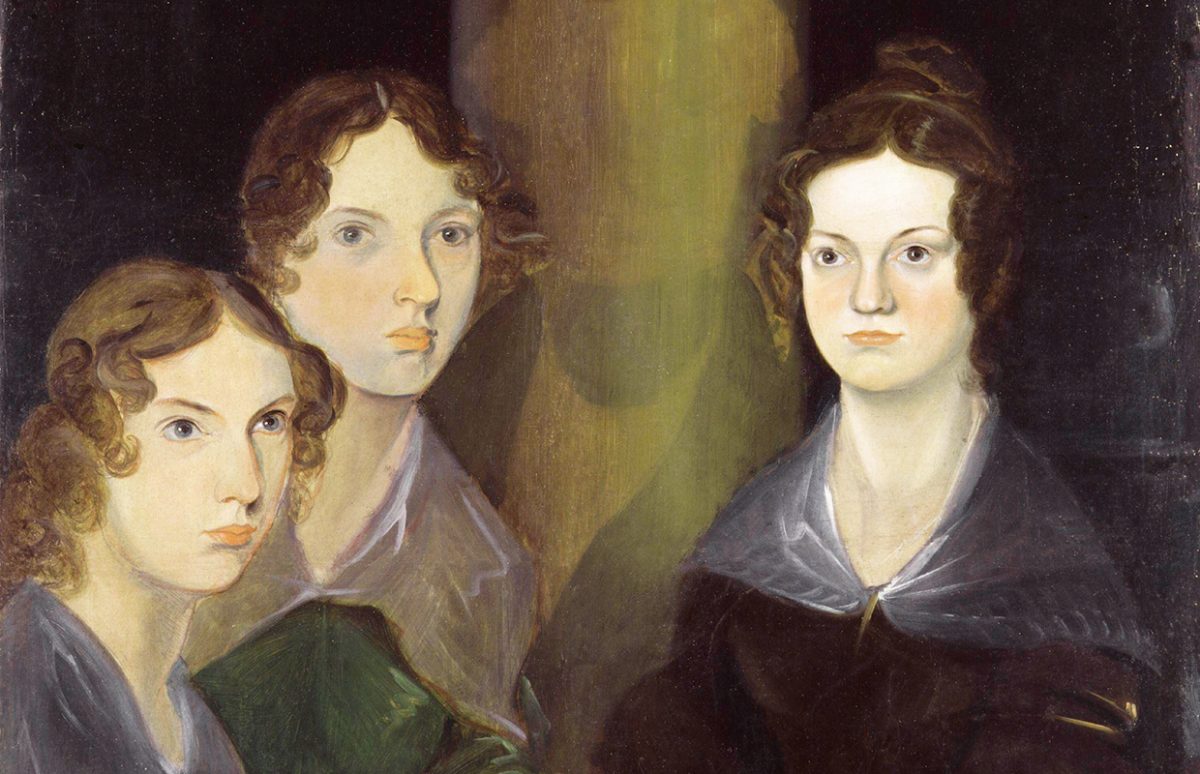
The three Brontë sisters lived short, isolated lives in early nineteenth century England, but they produced some outstanding novels, in particular Jane Eyre and Wuthering Heights. The bicentenaries of their births are being celebrated from 2016 to 2020. To find out more about the Brontës, visit the Brontë Society site, which has information about each … Continue reading “Brontë Family Webpicks”
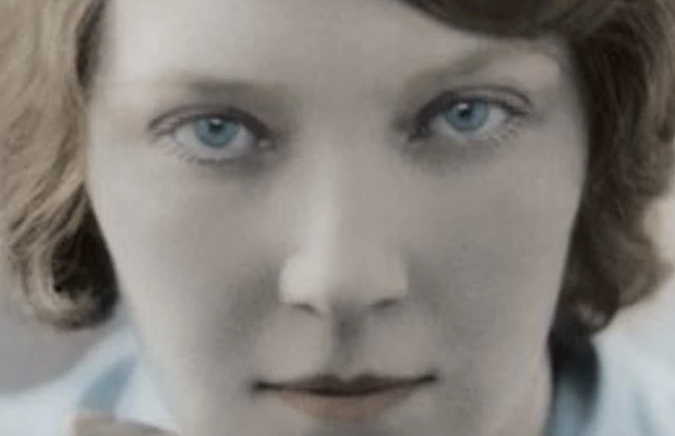
Jean Rhys (1890-1979) lived and wrote about her extraordinary life in the West Indies, London and Paris before producing her masterpiece, Wide Sargasso Sea, a prequel to Jane Eyre, telling the story of Bertha Mason, the Creole wife Mr Rochester married for her fortune, and who in Jane Eyre is portrayed as the madwoman in … Continue reading “Celebrating Author Jean Rhys”
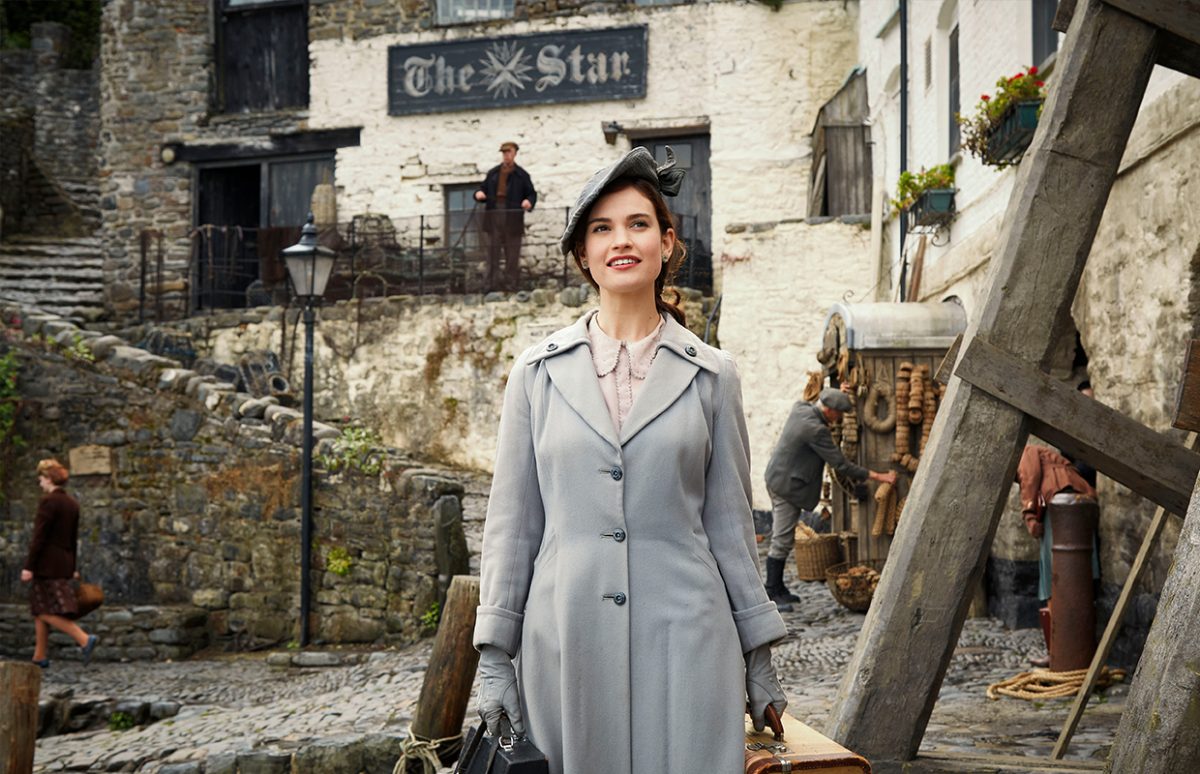
It was a surprise bestseller about a forgotten piece of World War Two history with an improbable title. Now The Guernsey Literary and Potato Peel Pie Society is coming to a screen near you. It tells the story of the Nazi occupation of the Channel Islands — the only part of the British Isles to … Continue reading “Guernsey, a Book Club and German Occupation”

There are lots of interesting online resources on Mary Shelley and Frankenstein to help you celebrate the 200th anniversary of the publication of her iconic novel. Here’s a selection. Why not start a sequence on Frankenstein with our downloadable “Who Am I?” quiz about Frankenstein’s monster? (Right-click once the link opens and choose “Save As” … Continue reading “Frankenstein Online”
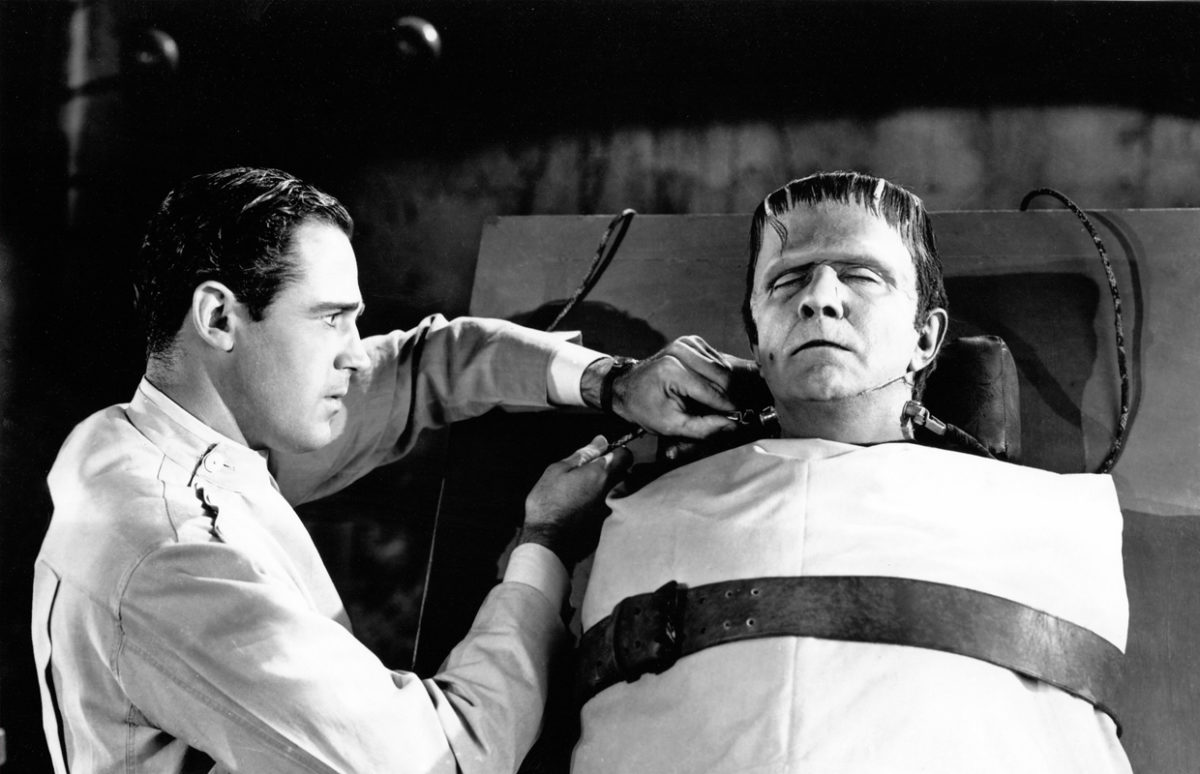
Frankenstein was published in 1818, written by a very unconventional young woman. Its genesis is as intriguing as its lasting influence. Without a volcanic eruption, Frankenstein and the vampire fiction genre may never have seen the day. In 1815 Mount Tambora in Indonesia erupted violently, in the largest and most deadly eruption recorded anywhere in … Continue reading “Frankenstein at 200”
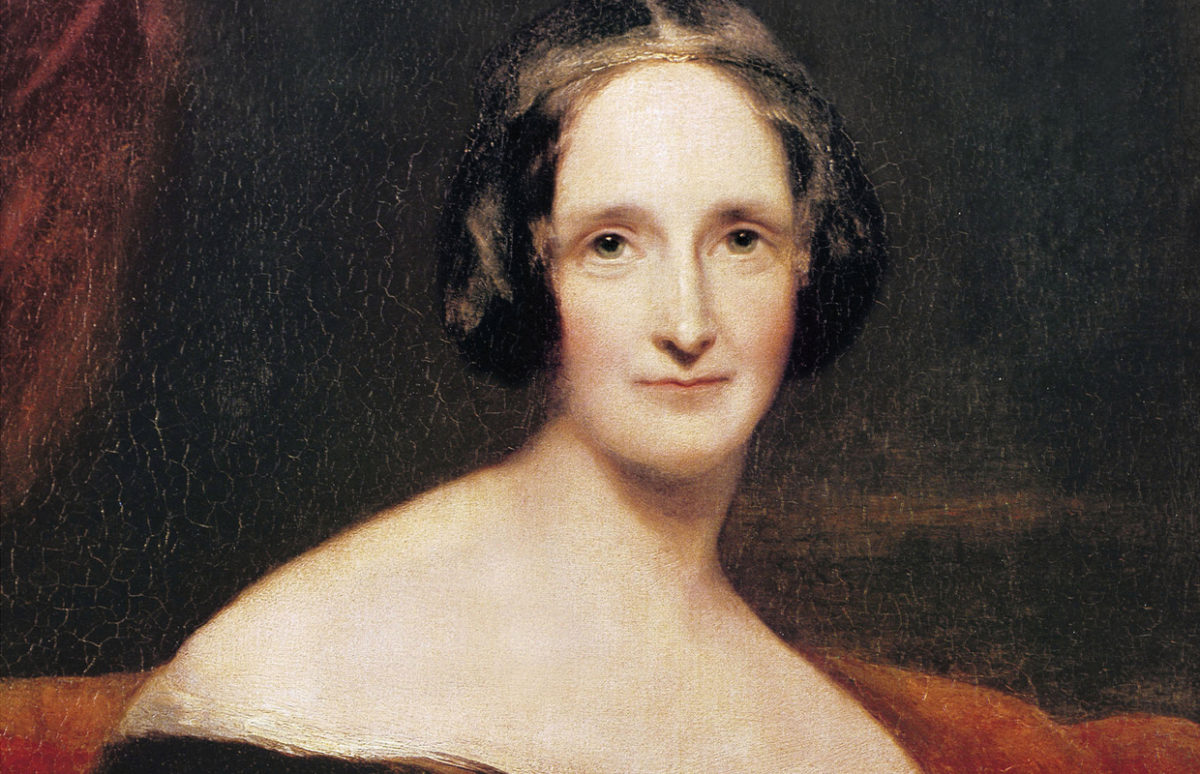
2018 marks the two hundredth anniversary of the publication of Frankenstein, a novel which has gone on to occupy a unique place in the collective imagination. In this A2+ article, your pupils will discover Mary Shelley, the teenage author who lived an exceptional life. These documents about Mary Shelley could be part of a larger … Continue reading “Mother of Frankenstein”














